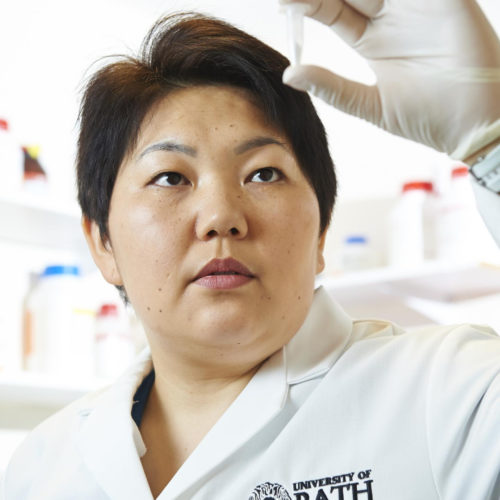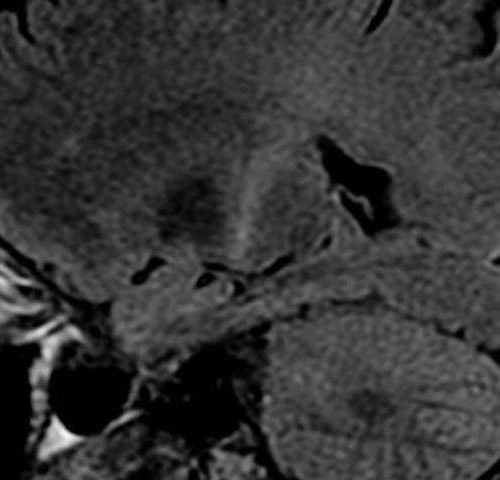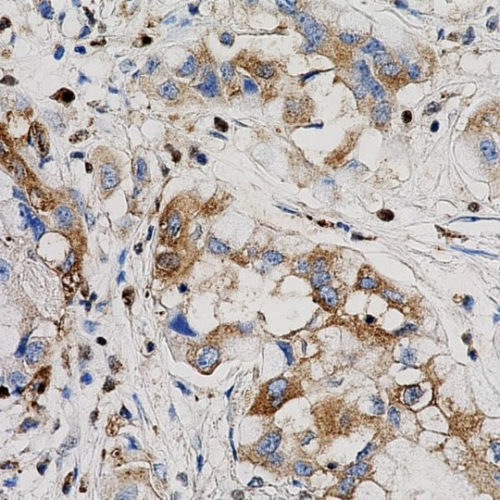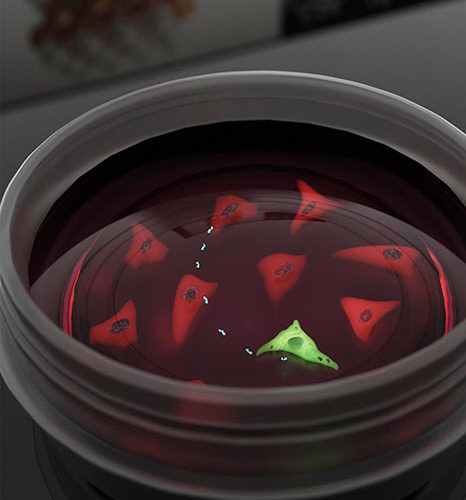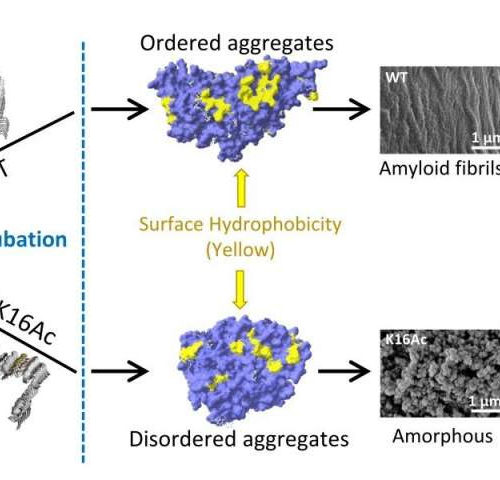A more sensitive technique shows cigarette alternatives may be more hazardous than manufacturer testing had found. A technique that can better assess harmful chemicals adds to the analysis toolkit for cigarette alternatives. This pioneering research by KAUST scientists reveals that a tobacco-heating device called “I quit ordinary smoking” (IQOS), emits many more potentially harmful chemicals...
Tag: <span>toxicity</span>
Ground-breaking research makes childhood vaccines safe in all temperatures
Vaccines are notoriously difficult to transport to remote or dangerous places, as they spoil when not refrigerated. Formulations are safe between 2°C and 8°C, but at other temperatures the proteins start to unravel, making the vaccines ineffective. As a result, millions of children around the world miss out on life-saving inoculations. However, scientists have now...
Restoring nerve-muscle communication in ALS
by Karuna Meda, Thomas Jefferson University Patients with amyotrophic lateral sclerosis (ALS), also known as Lou Gehrig’s disease, lose muscle control as nerve cells or neurons in the brain and spinal cord degenerate and can no longer send signals to muscles. Previous studies have identified that problems at the synapse, the point where signals jump...
Scientists find evidence of link between diesel exhaust, risk of Parkinson’s
by Caroline Seydel, University of California, Los Angeles A new UCLA study in zebrafish has identified the process by which air pollution can damage brain cells, potentially contributing to Parkinson’s disease. Published in the peer-reviewed journal Toxicological Sciences, the findings show that chemicals in diesel exhaust can trigger the toxic buildup of a protein in...
Activating an Estrogen Receptor Can Stop Pancreatic Cancer Cells from Growing
Penn study shows GPER activation in mice can also make tumors more visible to immune system. Activating the G protein-coupled estrogen receptor (GPER) – a receptor found on the surface of many normal and cancer tissues – has been shown to stop pancreatic cancer from growing, but may also make tumors more visible to the...
Nanopropellers to Deliver Gene Therapy Into Cells
Researchers at the Max Planck Institute for Intelligent Systems in Germany have developed powerful nanopropellers that can be steered into the interior of cells to deliver gene therapy. The magnets that these devices, each about the size of a bacteria, are made of were created for the first time for this very task. Most powerful...
Protein shapes matter in Alzheimer’s research
by Allison Mills, Michigan Technological University Sometimes proteins misfold. When that happens in the human brain, the pileup of misfolded proteins can lead to neurodegenerative diseases like Alzheimer’s, Parkinson’s and ALS. Proteins do not misbehave and misfold out of the blue. There is a delicate ecosystem of biochemical interactions and environments that usually let them...
A new strategy to trigger ferroptosis in target cancer cells using drug-metal coordination complexes
by University of Science and Technology of China Rapidly increasing cancer incidence and mortality worldwide have raised great challenges for the currently available anticancer options, which warrants the development of new therapeutic modalities based on novel antitumor mechanisms. Ferroptosis, a recently discovered form of non-apoptotic cell death, is one such candidate and has already demonstrated...
A lifeline for leaky lung cells
by Harvard University Leaky lungs are a very common side effect of heart failure, but all currently available drugs do is reduce the amount of fluid in the body, rather than plug the leak itself. A new gene therapy created at the Wyss Institute and Boston Children’s Hospital and tested in human Lung Chips blocks...
Temple scientists solve mystery underlying heart toxicity caused by diabetes drugs
TEMPLE UNIVERSITY HEALTH SYSTEM (Philadelphia, PA) – Like catching two fish with one worm, treating two problems with a single drug is efficient, but exceedingly difficult. In particular, for new diabetes medications, in which one drug aims to tackle two major complications of diabetes – the excess of both lipids and glucose in the blood – the therapeutic benefits,...

